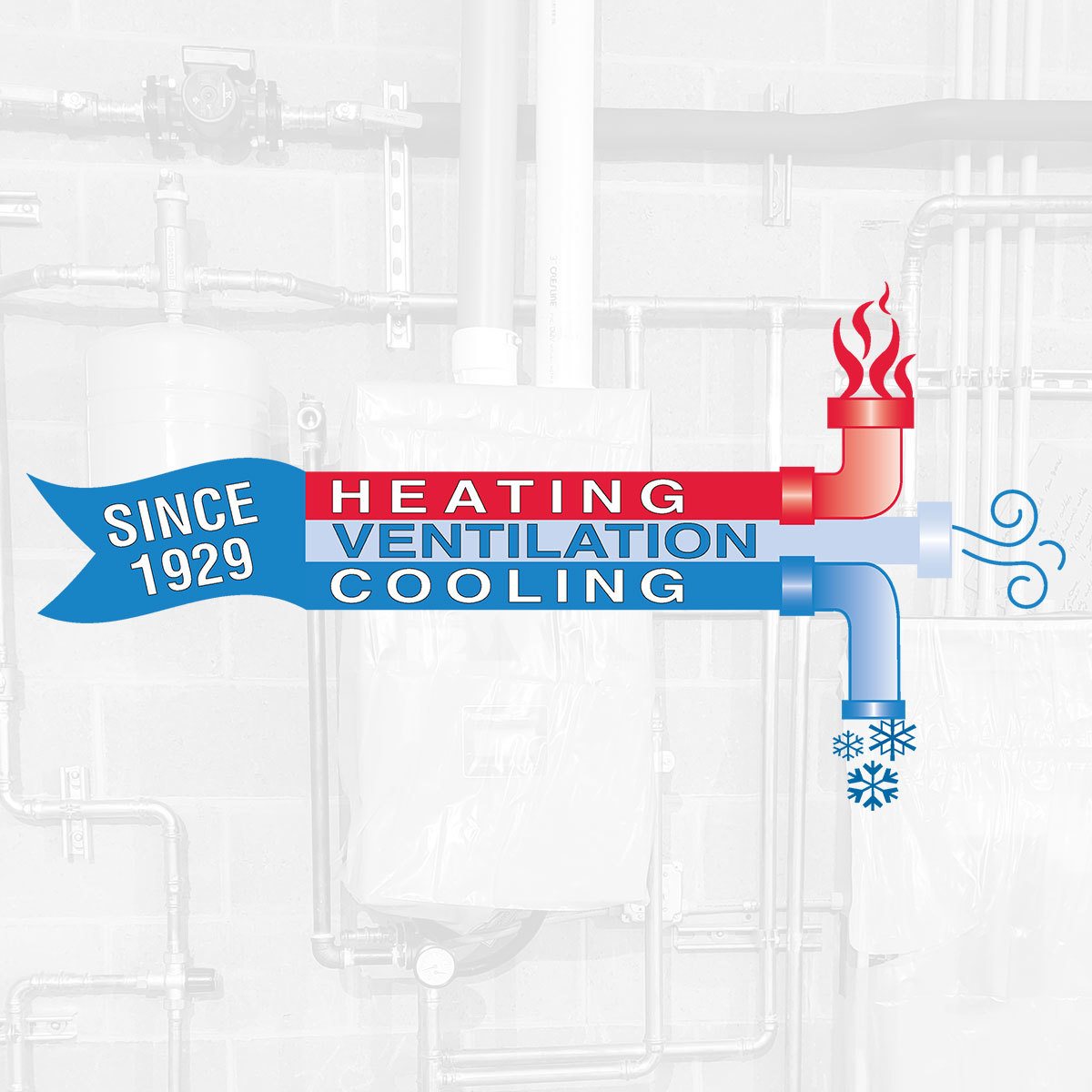Energy Tips
Energy Tips
Don’t Break the Bank.
- Install a programmable thermostat to keep your house warm in the winter and cool in the summer.
- Regularly change (or clean if reusable) your HVAC filters to not only save money, but improve your indoor air quality.
- Plug home electronics, such as computers, monitors, TVs and DVD players into power strips and turn the power strips off when the equipment is not in use. (Even in standby mode, they still use several watts of power)
- Comfort is a function of temperature, humidity, and air movement. Moving air can make a somewhat higher temperature and/or humidity feel comfortable. Utilize your home’s ceiling fans or box fans to keep air moving and save on your energy bills.
- Sealing and properly insulating duct work can help reduce energy costs and prevent air leakage. This is especially important when ducts run through unconditioned spaces (attic, crawl spaces, etc.).
- Wash only full loads of dishes and clothes, it uses the same amount of energy and water.
- Upgrading your current HVAC system with a newer, more efficient model will help your energy usage. It is also important that a qualified contractor properly sizes the equipment and ductwork. (See our cost calculator on the home page.)
- Keep your HVAC system running as efficiently as possible with annual preventive maintenance.
- Make sure your air conditioning system has a proper refrigerant charge. A qualified HVAC technician will check this as part of your system’s routine maintenance and make any necessary adjustments.
- Take showers instead of baths.
- Air dry dishes instead of using your dishwasher’s drying cycle.
- Drive sensibly. Aggressive driving (speeding, rapid acceleration and braking) wastes gasoline.
- Buy only appliances and products with the ENERGY STAR® label.
- Use compact fluorescent light bulbs (CFLs) with the ENERGY STAR® label.
- Use your home’s window treatments (blinds, curtains, etc.) to help control the sun’s effect on your indoor temperature. Depending on your home’s exposure to sunlight, opening your window treatments in the winter, and shutting them in the summer will let nature do some of the work.
- Turn up your humidifier in the winter. Properly humidified air “feels” warmer than dry air so you’ll be able to turn your thermostat down a couple of degrees without affecting your comfort level.


